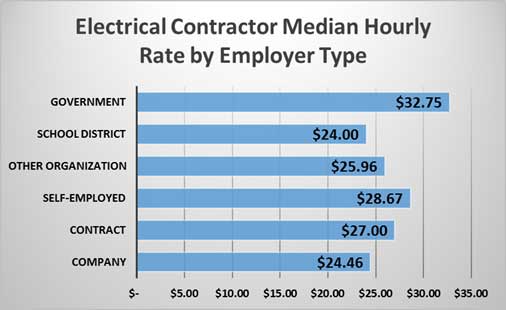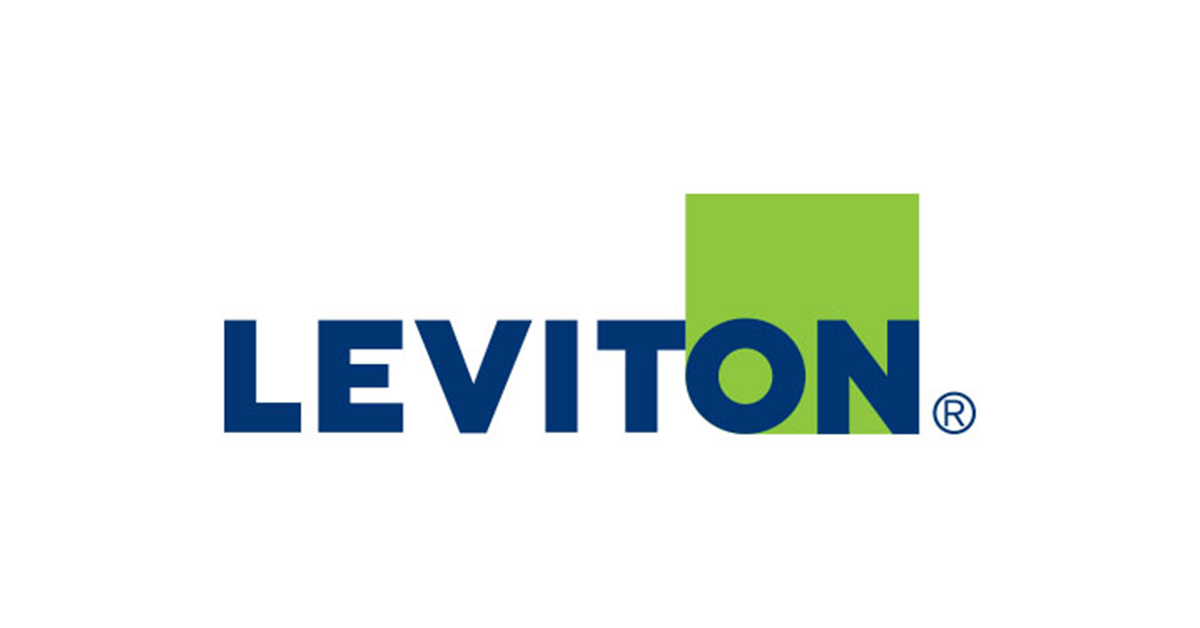Internet is Impersonal

With so many people growing up with astounding computer skills, a number of distributors are wondering how to utilize these skills in future business plans.
Most distributors got “pushed” into an ERP (enterprise resource planning) computer system because they thought it was a good way to print invoices. Some loaded their product data from people who aggregate product such as Trade Service, and some hand-typed the product descriptions, prices and unit of measures. Eventually, some moved to IDEA in hopes of matching data with their manufacturers so they could order, receive advance shipping notices, invoices and eventually sought to reach for the brass ring of three way matching thus gaining productivity.
Many distributors built, or had built, a web storefront where they learned, to their horror, that all that gibberish product data they had in their ERPs was not readable by customers seeking to buy product through their storefront.
So, many have worked like beavers to clean up their product data and add pictures and better descriptions so that someone coming to their web storefront could actually order product without talking to anyone in that distributor’s firm (or they’re subscribing to get attributed/catalogue data from IDEA or Trade Service). The reward, for some, was that customers still price shopped the distributor.
Third parties sell electrical products
Amazon (along with others) spent a boatload of money making it really easy for people to buy products and they did something else … sell add on products through suggestions to the buyer. So Amazon made room for some of the larger electrical distributors to sell product, and the vast majority of distributors thought they would see poaching across defined territories. That meant to some that distributors that they no longer had protected territories. And this is becoming more of an issue with the launch of Amazon Supply.
Orders float in. Quotes quadruple and more
Much to the surprise of some, internet sales grew slowly and then began to pick up. Some orders were redirected from Amazon and the distributor took on another partner, shrinking their margins. Quotes abounded, quadrupling or more in comparison to orders. But if the customer came through Amazon, many distributors were stuck with fees. Margins take another hit.
The question for many distributors was how to get rid of those fees.
The courtesy quote
A couple of electrical distributors I know have started offering a time-limited “courtesy quote” on their websites. The time limit is usually several hours. The potential customer is allowed to click on a button that makes them think that their order has been saved and is in a file to be regenerated, added to or for an order to be placed.
When the potential customer is unable to find the quote and only the header, they are directed to call the distributor’s Web department.
The customer is told that their quote was a “virtual quote” and that they are sorry for any inconvenience this has caused the customer. They direct the customer to go back to the distributor’s site and give log-in instructions.
Human connection is established. And by the way, a chance to upsell.
The distributor’s web department brings up the quote and in the background on the customer’s screen suggested items appear that other people have purchased with their order. Obviously the web department’s job is to add two or more highly priced items to the order, thus increasing the total profit on the order.
Does this work for you and your company?
David Gordon is President of Channel Marketing Group. Channel Marketing Group helps manufacturers and distributors in the construction and industrial trades generate ideas to accelerate revenue through strategic planning, marketing planning and coaching and market research initiatives. He can be reached at 919.488.8635.










